From Guest Blogger James Burbank: Little Green Things We Can All Do in Our Workplace
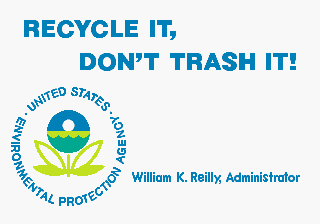

I wrote earlier: Democracy is such a powerful idea that it appears capable of surviving even when the most powerful forces of Earth are trying so desperately to destroy it. It seems that this Monday, our leaders will have the opportunity to nullify a law, based on a U.S. Supreme Court decision that was made almost five years ago, that currently enables corporations to spend as much as they wish to influence our elections.
But I forgot to make the most obvious point: If this actually happens, we should all celebrate a huge victory. (more…)

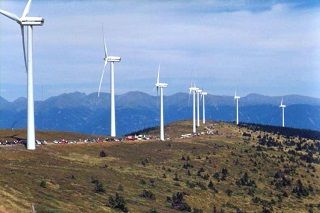
In particular, I see many disparate ingredients coming together simultaneously that are making clean energy, wind in particular, extremely inexpensive. (more…)
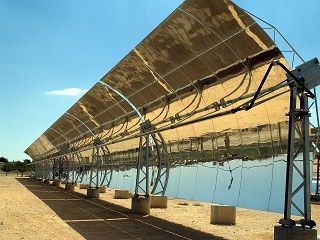
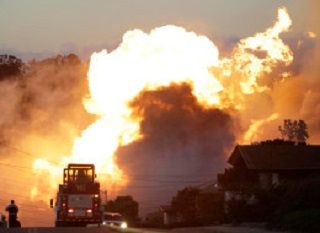
Answer: Can be found at Clean Energy Answers.
Relevance: Whenever a company, perhaps a utility like PG&E, or perhaps a DoD mega-contractor like Northrup Grumman, is caught having committed gross violations of the law, particularly when, as in this case, it smashes the public trust to bits, the very first thing it does is invest heavily in an extremely aggressive public relations campaign in an attempt to deal with the rebuke it’s brought on itself through its dishonesty. Here’s one of PG&E’s latest PR blasts, stressing its ostensible heartfelt concern for public safety, in the wake (here’s a hint at the second question) of literally thousands of safety violations that have been rolling along for years before they finally resulted in this catastrophe. If you can think of anything more revoltingly insincere than this series of advertisements–or, if you think I’m over-reacting–I hope you’ll enter a comment here.
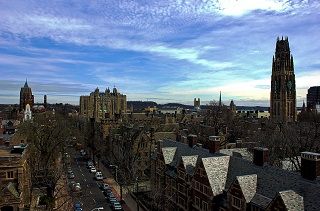

The city of Lakewood, Ohio is a good example. Here’s an uplifting video that shows how and why Lakewood is a city devoid of school buses. What happens when 5800 kids walk or ride their bikes to school every morning? It’s pretty cool stuff.

In the main, I’m not a fan of crowdfunding in this space—for the same reason that VCs tend to avoid the subject: it’s capital intensive. You think you’re going to raise a billion dollars a hundred dollars at a clip? Wrong. (more…)
